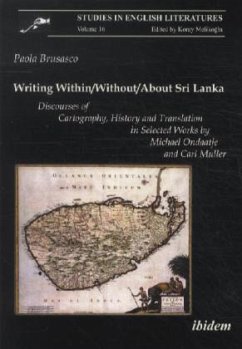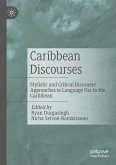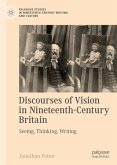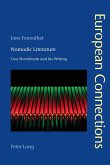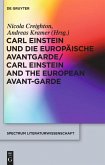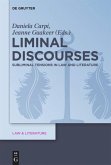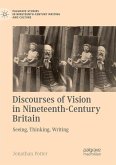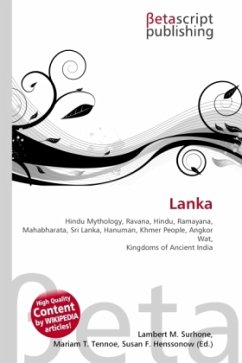Paola Brusasco s study offers an original insight into Sri Lankan literature in English and an exploration of cultural, social, and linguistic issues at the basis of the country s ethnic conflict.
By focussing on two distinctive and representative writers, both Burghers, yet with different personal histories, Brusasco confronts issues of cartography, history, and language, all contributing to a specific definition of identity. Both Ondaatje and Muller are outsiders , the former because of his diasporic existence, the latter because of his ex-centricity within the reality of a divided country where the legacy of British colonialism and the process of redefinition following independence in 1948, as well as matters of geography and history, become crucial to writers.
Brusasco achieves the aim of re-directing theoretical assumptions about the two authors works to the benefit of both academic and non specialist audiences, thus re-positioning Sri Lankan literature in the ever-growing context of South Asian studies in English. Ondaatje s The English Patient, Running in the Family, and, most prominently, Anil s Ghost, as well as Muller s Burgher trilogy and Colombo: A Novel, are here analyzed in the light of the writings by Antonio Gramsci, Michel Foucault, Homi Bhabha, Edward Said, and Hayden White.
Quite original is the discourse on language that is, translatability looked at from cross-cultural and deconstructionist perspectives which include the debate around domesticating and foreignizing otherness, the difficult relation between Sinhala and Tamil in Sri Lanka, the controversial local variety of English, and its implications at the social level.
Professor Carmen Concilio, University of Turin.
By focussing on two distinctive and representative writers, both Burghers, yet with different personal histories, Brusasco confronts issues of cartography, history, and language, all contributing to a specific definition of identity. Both Ondaatje and Muller are outsiders , the former because of his diasporic existence, the latter because of his ex-centricity within the reality of a divided country where the legacy of British colonialism and the process of redefinition following independence in 1948, as well as matters of geography and history, become crucial to writers.
Brusasco achieves the aim of re-directing theoretical assumptions about the two authors works to the benefit of both academic and non specialist audiences, thus re-positioning Sri Lankan literature in the ever-growing context of South Asian studies in English. Ondaatje s The English Patient, Running in the Family, and, most prominently, Anil s Ghost, as well as Muller s Burgher trilogy and Colombo: A Novel, are here analyzed in the light of the writings by Antonio Gramsci, Michel Foucault, Homi Bhabha, Edward Said, and Hayden White.
Quite original is the discourse on language that is, translatability looked at from cross-cultural and deconstructionist perspectives which include the debate around domesticating and foreignizing otherness, the difficult relation between Sinhala and Tamil in Sri Lanka, the controversial local variety of English, and its implications at the social level.
Professor Carmen Concilio, University of Turin.

